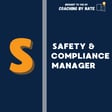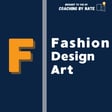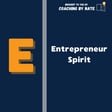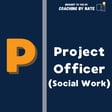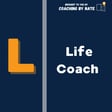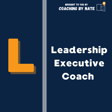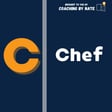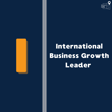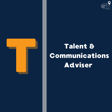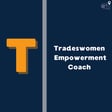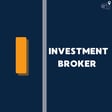
Author & Former Global HR Inclusion Executive | Greg’s Unconventional Career Path
Greg Morley, former Global Head of DEI at Moët Hennessy (LVMH) and author of BOND: Inclusion and the Keys to Belonging, shares his extraordinary career journey—from washing dishes and working in warehouses to leading HR at Disney, Hasbro, and LVMH across three continents.
In this episode, we explore:
🔹 Why the "jobs no one wants" often lead to the biggest growth
🔹 How to foster true belonging in global, multicultural teams
🔹 The business case for empathy and inclusive leadership
🔹 Lessons from launching Hong Kong’s historic Gay Games
🔹 Behind-the-scenes of writing BOND and why "bonding is fulfillment"
Greg’s stories—from Shanghai Disney’s startup chaos to Parisian boardrooms—reveal how courage, curiosity, and connection shape world-class workplaces.
📖 Get Greg’s book BOND: gregmorley.com
🌍 Follow Greg: @gregcmorley
#HR #Leadership #DiversityAndInclusion #CareerGrowth #CorporateCulture
